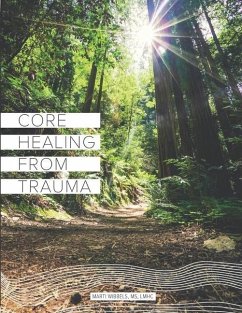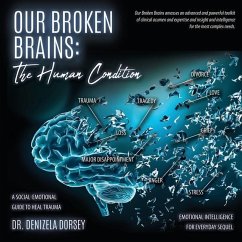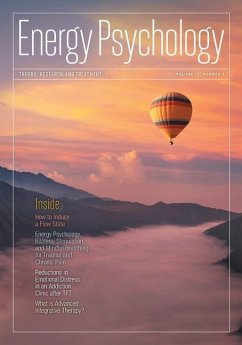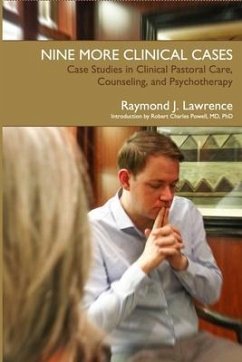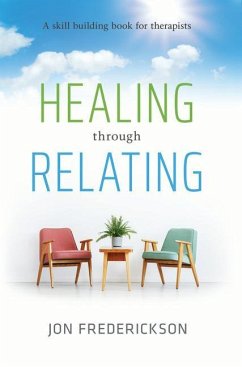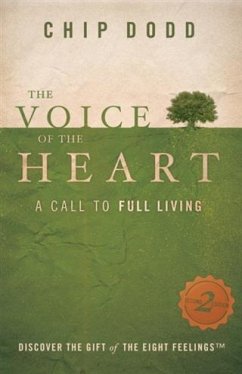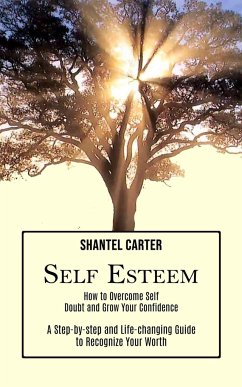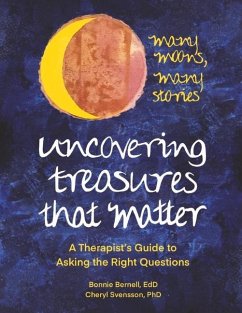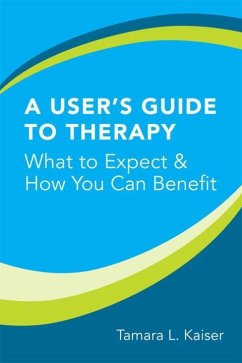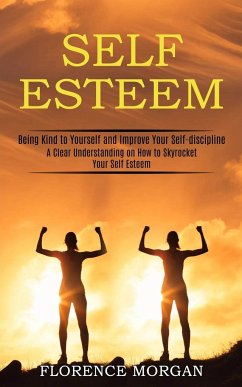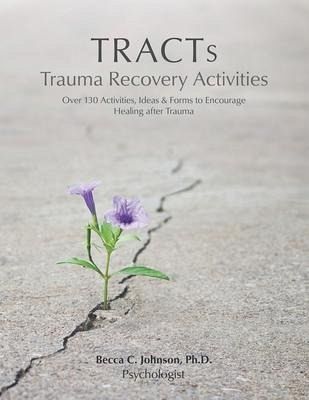
TRACTs - Trauma Recovery Activities: Over 130 Activities, Ideas & Forms to Encourage Healing after Trauma
Versandkostenfrei!
Versandfertig in über 4 Wochen
19,99 €
inkl. MwSt.

PAYBACK Punkte
10 °P sammeln!
TRACTs - Trauma Recovery Activities How has this book been described? Practical - Helpful - Invaluable - Needed - Effective - Important - Beneficial - EssentialWho is it for? TRACTs is for those who facilitate healing opportunities for victims of trauma. The activities included in this workbook assist these facilitators as they seek to help those who have suffered trauma - whether one or multiple traumas, recent or from years ago, regardless of race or religion, gender or generation. Why these Activities? TRACTs includes a variety of possible exercises, ideas and forms for each trauma recovery...
TRACTs - Trauma Recovery Activities How has this book been described? Practical - Helpful - Invaluable - Needed - Effective - Important - Beneficial - EssentialWho is it for? TRACTs is for those who facilitate healing opportunities for victims of trauma. The activities included in this workbook assist these facilitators as they seek to help those who have suffered trauma - whether one or multiple traumas, recent or from years ago, regardless of race or religion, gender or generation. Why these Activities? TRACTs includes a variety of possible exercises, ideas and forms for each trauma recovery step. These steps represent phases or stages identified by research to facilitate healing after trauma. The section titled Variations encourages creativity in adapting the activities based on the need and the situation. The workbook's goal is to help the person in the counseling role and, more importantly, the individual on their journey of healing.Features of this BookWith many different activities in each trauma recovery step, you (the facilitator) should be able to find what you're looking for - whether you want a helpful activity focusing on feelings (emotional regulation) or you need to address negative thinking patterns (cognitive distortions). You'll also be able to locate ideas and activities on relaxation and anxiety reduction, on ways to facilitate the sharing of one's story (trauma narrative) and more.Each Activity... is organized by trauma recovery stepis clearly labeled according to a variety of criteriais cross-referenced by name, trauma target, format (individual-group-both), and preferred age groupincludes helpful information regarding supplies and time neededprovides a section on Variations with ways to adapt or use the activity differentlyincludes Reflection or debrief questions to ask the clientcites any Concerns or limitations to consider when using itBenefits of This WorkbookYou are encouraged to choose the various activities in each trauma recovery step deemed most beneficial for those in your care, considering the culture, context, the trauma(s) experienced, setting, the individual's age, developmental and literacy level and other factors. What are the benefits of using these activities? They can potentially: Save time - Identify key concerns, problems or patterns more readilyFocus in on key issuesHelp the unspeakable become 'speakable' Provide direction to sessionsFoster helpful discussionsOpen up new possibilities for healing and new directions for helping Dr. Becca Johnson is a recognized and respected therapist with a passion to help the hurting heal. With over 30 years of experience as a licensed psychologist, she brings a unique perspective and set of skills that enable a holistic approach to recovery and restoration for trauma survivors. Dr. Johnson has served as a trainer, counselor, director, consulting psychologist, clinical director and aftercare director for numerous child abuse and anti-trafficking organizations. In addition to presenting at numerous conferences, Becca developed an online 45-session training program on trauma, trauma recovery and vicarious trauma. She has presented trauma recovery training in over 30 countries and is author of books on abuse recovery, guilt, anger and child abuse.



